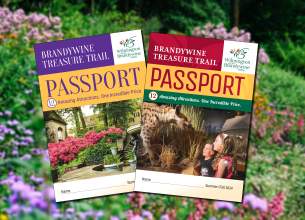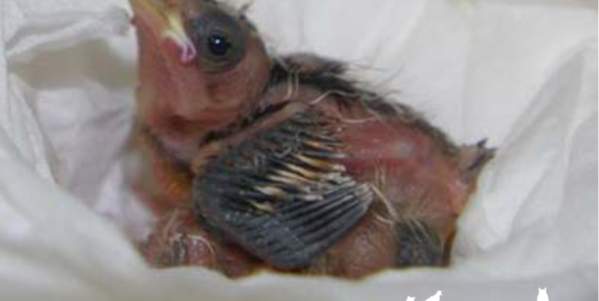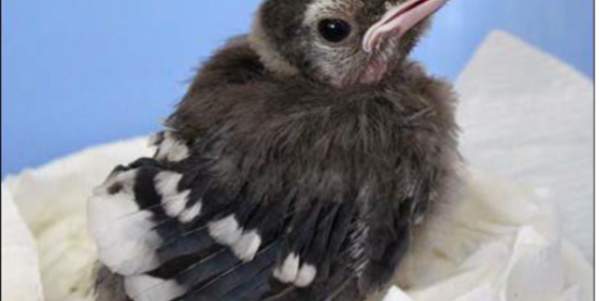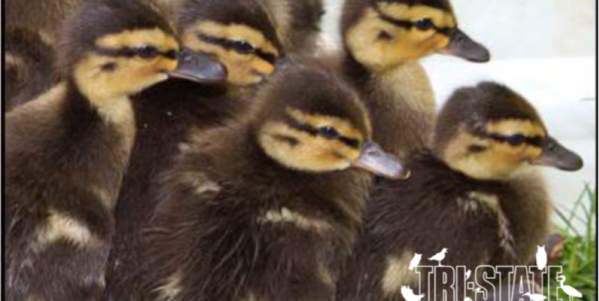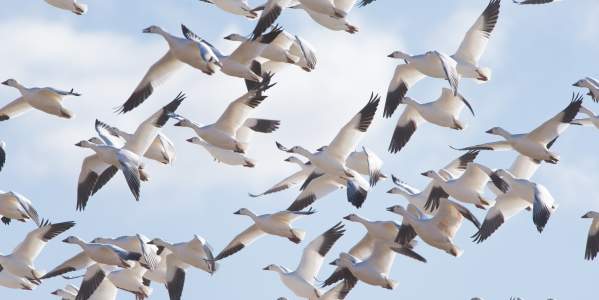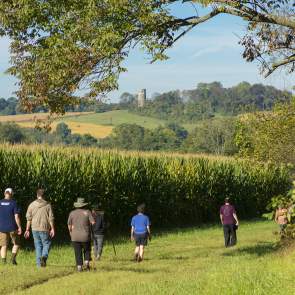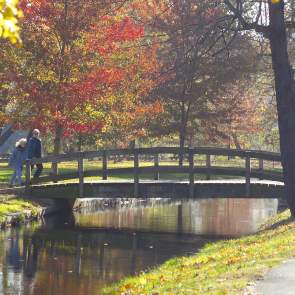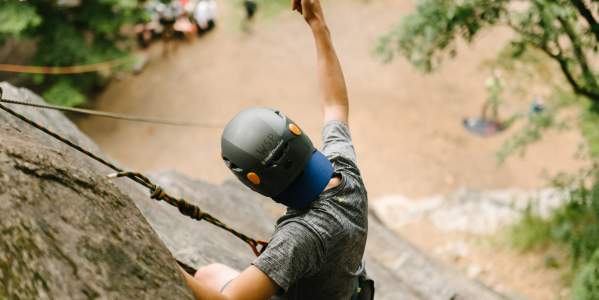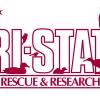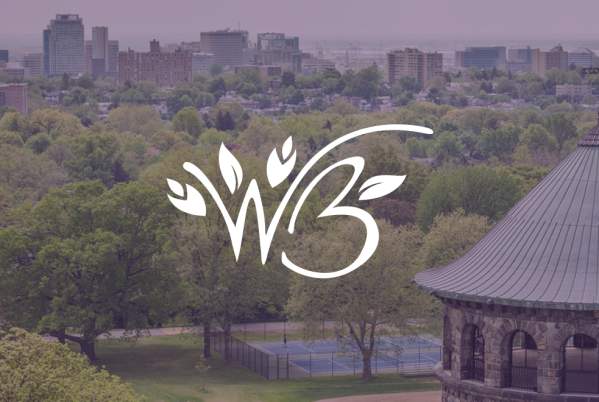It’s baby bird season in Greater Wilmington!
So, you’re visiting our area and decide to go out for a hike. You happen to look down and you see a baby bird out of its news. What do you do?
Consult this handy guide from our friends at Tri-State Bird Rescue to find out. Feel free to share this information, as well, so that others will know how to help, too.
Contrary to popular belief, parent birds will not reject their young because a person touched their babies. Uninjured and healthy baby birds should be left in their parents’ care or reunited with them whenever possible, and injured or sick baby birds should be taken to a licensed wildlife rehabilitator like Tri-State Bird Rescue (tristatebird.org) as soon as possible. Thank you for helping our native wildlife!
I found a nestling!
- Young nestlings often have visible skin. They cannot stand, feed themselves, or fly.
- If you can return an uninjured baby bird to the nest, or if you can put the nest back up in a nearby tree, please do.
- Watch for the parents' return from a distance.
- The parents will not reject young that have been handled by humans.
I found a fledgling!
- Fledglings are older baby birds.
- They are fully feathered and can stand, hop, perch, and may fly short distances.
- Leave fledglings where you find them unless they are injured or in a dangerous location.
- Fledglings can be moved up into a bush or tree if needed.
- Their parents are usually nearby watching them an teaching them to avoid predators.
I found a duckling!
- Baby ducks and geese can walk and feed themselves soon after hatching. They still need their parents for protection and warmth.
- If you find a duckling or gosling, try to find its parents!
- Minimize human contact to help keep them wild.
If the baby bird is injured or cold, or if you cannot return it to its parents, gently place it in a box with a lid that has small air holes. Do not feed the bird or try to give it water; young birds can easily inhale food or water and develop pneumonia. Contact www.tristatebird.org, your state wildlife agency or a veterinarian to find a licensed wildlife rehabilitator near you who can provide proper care.
Thank you for helping native wildlife! To learn more please visit: www.tristatebird.org
